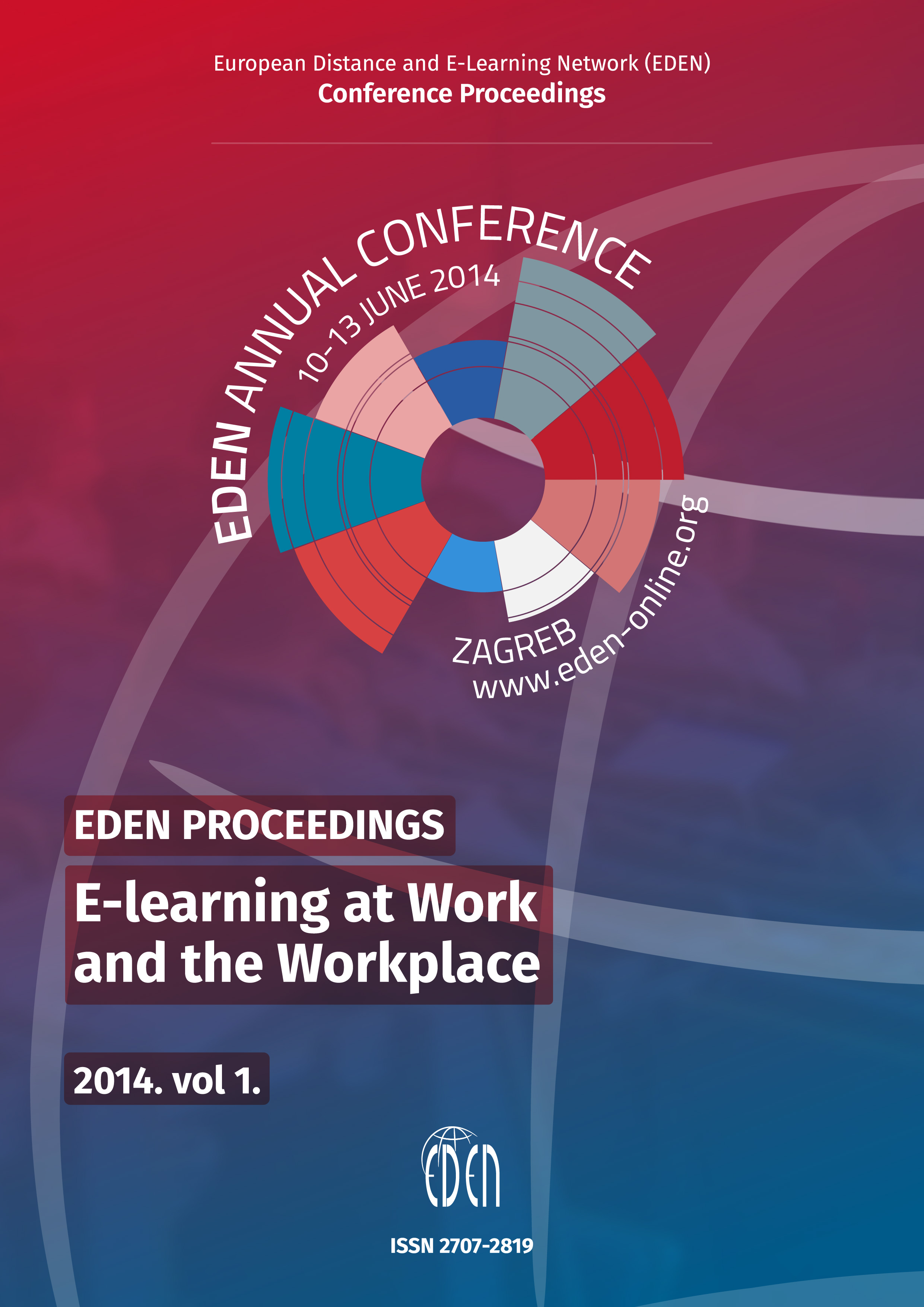Virtual Collaboration in the Built Environment
Virtual Collaboration in the Built Environment
Author(s): Mark Childs, Stephen Austin, Robby Soetanto, Jacqui Glass, Zulfikar Adamu, Chinwe Isiadinso, Paul Poh, Dmitri Knyazev, Harry Tolley, Helen MacKenzieSubject(s): Social Sciences, Education, Higher Education
Published by: European Distance and E-Learning Network
Keywords: Collaborative learning; Distance and e-learning methodology; Employability; Learning effectiveness, improvement of learning experience; Online learning environments and platforms
Summary/Abstract: This paper reports on an 18-month project hosted at the Universities of Loughborough and Coventry in the UK and at Ryerson University in Canada. Students formed groups of six individuals, two from each university, including architects, construction engineers and project managers. The project was designed to create an authentic simulation of industrial collaboration and practices with the aim of improving the learner experience of education and in increasing students’ employability. The study was funded by the Higher Education Academy in the UK with the intention of identifying which success factors led to effective online collaboration and is a follow-up to a previous project sponsored by the Hewlett Packard Catalyst Program. The long term goal of the project will be to develop these findings as guidance to the conducting of online collaboration to the education sector as a whole, and to draw together the students’ experiences as a user needs analysis from which to develop a technical specification for a platform to support virtual collaboration in the education of building engineering students, and perhaps the industrial sector as a whole.Data on the project is being gathered from a range of sources, the students’ reflective journals, focus groups and questionnaires to obtain feedback from the students and also direct observation of recordings of the students’ online interactions in GoToMeeting. Evaluation of the students’ experience focused particularly on the students’ ability to conduct project management and time management strategies, in their experience of working in distributed teams, in their use of the technologies involved and (in the online meetings) the students demonstration of presence within the shared virtual environment.
Journal: European Distance and E-Learning Network (EDEN) Conference Proceedings
- Issue Year: 2014
- Issue No: 1
- Page Range: 393-401
- Page Count: 9
- Language: English

